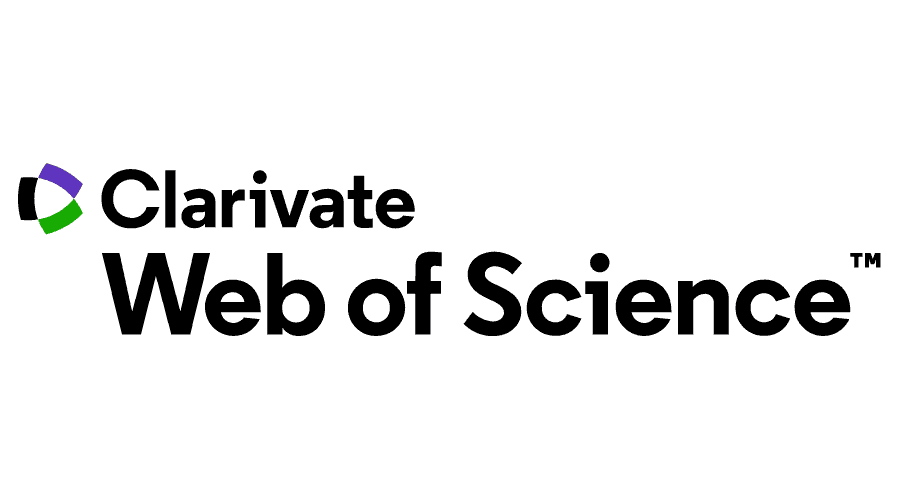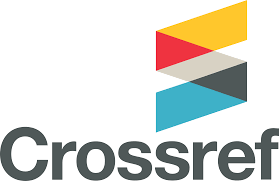Abstract
Research Aims - This paper aims at discussing the existence of knowledge inertia and its influence to the product innovation, with particular analysis given to the coffee production during the preharvest and post-harvest periods. Design/methodology/approach - The study uses quantitative methodology, and operates multiple and partial regression analysis between variables of the study to measure the impact of knowledge inertia to the innovation of coffee production. To put the findings in detail, the study separates the innovation of coffee product in two sequences, named [a] pre-harvest period and, [b] post-harvest period. Data and information were collected based on cross-sectional cohort data. Samples were 125 members of one coffee cooperative in West Sumatra, Indonesia. Research Findings - It is found in the study that during the pre-harvest period, learning inertia and procedural inertia brought no significant influence to the innovation of coffee production whilst experience inertia significantly influences the innovation of coffee production during this period. In the post-harvest period, learning inertia significantly influences the innovation of coffee production. Meanwhile, procedural inertia and experience inertia have no significant influence to the innovation of coffee product during the post-harvest period of coffee production. Theoretical Contribution/Originality - The originality and value of this study lie to its design and findings which focuses on the dimension of knowledge inertia in detail, in which a specific product with the sequence of its production was used as the focus. Managerial Implication in the South East Asian context - Findings and discussion of this study contribute to the direction of how the management can be structured to respond to the challenge that is related to the willingness to acquire knowledge for innovation in a bigger degree depends on the willingness of people to acquire new knowledges. Therefore, the management field should be able to deliver a new method and a new insight about how to increase the willingness of people to learn and to get new experience and knowledge as the major basis for innovation. Research limitation & implications - This study only discussed one particular context (a cooperative in West Sumatra, Indonesia), so it would be worth to expand the topics into a more broaden context which involves more samples, broader spatial coverage and more commodities. This will give us more understanding and generalization regarding the topic of this study.
Recommended Citation
Rahman, Hafiz and Siswowiyanto, Hanjaya Putra
(2018)
"Knowledge Inertia in the Innovation of Coffee Production,"
The South East Asian Journal of Management: Vol. 12:
No.
2, Article 3.
DOI: 10.21002/seam.v12i2.9721
Available at:
https://scholarhub.ui.ac.id/seam/vol12/iss2/3
Included in
Management Information Systems Commons, Management Sciences and Quantitative Methods Commons











